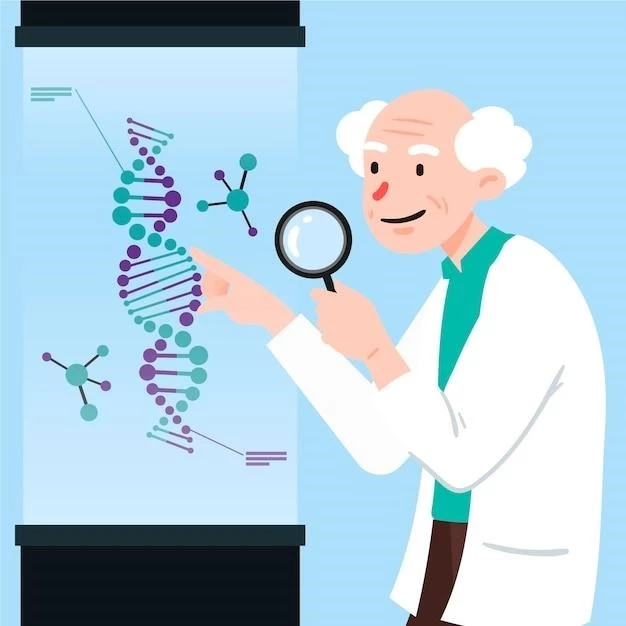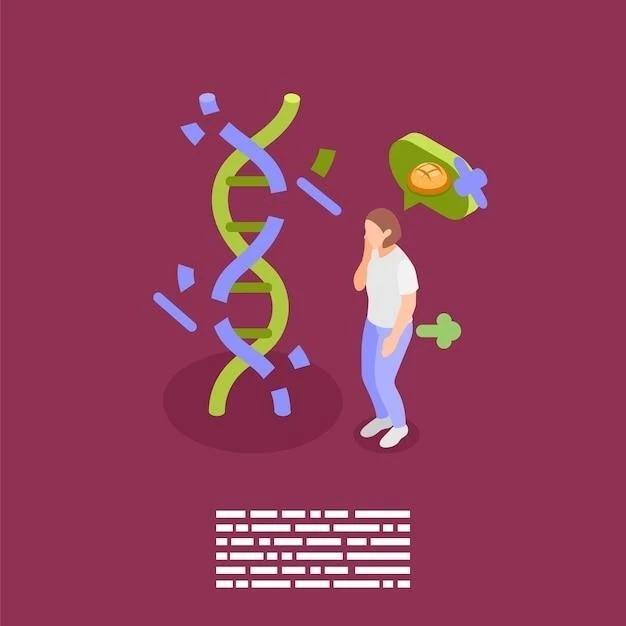Chromosome 14 Abnormalities
Chromosome 14 Deletion 14q Symptoms
Chromosome 14 deletion 14q is associated with various symptoms that can vary in severity. Common symptoms may include developmental delays, intellectual disability, growth retardation, distinctive facial features, heart defects, skeletal abnormalities, and genital anomalies. Individuals with this deletion may also experience hearing loss, vision problems, and neurological issues such as seizures. The specific symptoms can depend on the size and location of the deleted segment on chromosome 14. Early intervention and specialized care are essential in managing the symptoms and improving the quality of life for individuals with chromosome 14 deletion 14q.
Causes of Partial Duplication 14p
Partial duplication of chromosome 14p can occur due to various genetic mechanisms. One common cause is a chromosomal rearrangement, such as a duplication event during genetic recombination. Other causes may include errors during cell division leading to an extra copy of the genetic material on the short arm of chromosome 14. In some cases, the duplication may be inherited from a parent carrying a balanced chromosomal rearrangement or may occur sporadically. Understanding the underlying genetic cause of partial duplication 14p is crucial for accurate diagnosis and appropriate management of individuals with this chromosomal anomaly.
Treatment Options for Chromosome 14 Deletion 14q
The treatment for chromosome 14 deletion 14q focuses on managing the symptoms and complications associated with this genetic condition. There is no specific cure for the deletion itself, so treatment typically involves a multidisciplinary approach. Depending on the individual’s needs, interventions may include early intervention services, special education programs, speech and occupational therapy, physical therapy, and medical management of associated health issues. Genetic counseling can provide valuable information and support to individuals and families affected by chromosome 14 deletion 14q, helping them make informed decisions about their healthcare and future planning.
Diagnosis of Partial Duplication 14p
Diagnosis of partial duplication 14p involves genetic testing٫ such as chromosomal microarray analysis or fluorescent in situ hybridization (FISH)٫ to identify the duplication of genetic material on the short arm of chromosome 14. Clinical evaluation and assessment of physical and developmental characteristics may also aid in the diagnosis. It is important to work with a medical geneticist or genetic counselor to interpret the results and understand the implications of partial duplication 14p. Early and accurate diagnosis is crucial for appropriate medical management٫ monitoring٫ and support for individuals with this chromosomal abnormality.
Management Strategies for Chromosome 14 Abnormalities
Management of chromosome 14 abnormalities involves a comprehensive approach focusing on addressing the specific needs and challenges faced by individuals with these genetic conditions. Strategies may include ongoing medical monitoring to detect and address any associated health issues promptly, early intervention services to support developmental progress, access to therapies such as physical, occupational, and speech therapy to enhance quality of life, educational accommodations tailored to individual requirements, and psychological support for both individuals and families navigating the challenges of chromosomal anomalies. Collaborating with a team of healthcare professionals, including geneticists, counselors, specialists, and educators, can help develop personalized management plans for optimal outcomes.
Research Advances in Chromosome 14 Disorders
Ongoing research into chromosome 14 disorders has led to significant advancements in understanding the genetic mechanisms٫ associated symptoms٫ and potential treatment options for individuals affected by these conditions. Studies focusing on molecular genetics٫ gene expression٫ and chromosomal mapping have provided valuable insights into the underlying causes of chromosome 14 abnormalities. Furthermore٫ advancements in genetic testing technologies have enhanced the accuracy and efficiency of diagnosing these disorders. Collaborative efforts among researchers٫ clinicians٫ and genetic counselors continue to drive progress in the field٫ paving the way for improved management strategies٫ personalized treatment approaches٫ and better outcomes for individuals with chromosome 14 anomalies;
Genetic Counseling for 14q Deletion and 14p Duplication
Genetic counseling plays a vital role in supporting individuals and families affected by 14q deletion and 14p duplication by providing information٫ guidance٫ and support regarding the genetic implications and potential impact of these chromosomal abnormalities. Genetic counselors help families understand the inheritance patterns٫ recurrence risks٫ and available testing options for accurate diagnosis and proactive management. Counseling sessions often involve discussing emotional and psychological aspects٫ addressing questions and concerns٫ exploring available resources٫ and assisting in decision-making regarding reproductive choices. By offering personalized and compassionate support٫ genetic counselors empower individuals to make informed choices and navigate the complexities of living with genetic conditions.
Prognosis of Chromosome 14 Anomalies
The prognosis for individuals with chromosome 14 anomalies can vary significantly depending on the specific type and extent of the genetic abnormality, associated symptoms, and access to appropriate medical care and support services. While some individuals may experience mild symptoms or developmental delays that can be managed effectively with interventions, others may face more severe health issues and challenges that require ongoing medical monitoring and specialized care. Early diagnosis, timely interventions, and multidisciplinary management can positively impact the prognosis for individuals with chromosome 14 anomalies, enhancing their quality of life and overall well-being.
Conclusion
In conclusion, chromosome 14 abnormalities, including deletion 14q and partial duplication 14p, present complex genetic conditions with a wide range of symptoms and challenges. The diagnosis, management, and prognosis of these anomalies require a multidisciplinary approach involving healthcare professionals, genetic counselors, educators, and support services. Ongoing research efforts continue to advance our understanding of these disorders, leading to improved diagnostic methods and personalized treatment approaches. Genetic counseling plays a crucial role in providing guidance and support to affected individuals and families, helping them navigate the complexities of genetic conditions and make informed decisions. By combining medical interventions, therapeutic support, and genetic counseling, we can enhance the quality of life and outcomes for individuals with chromosome 14 anomalies.

